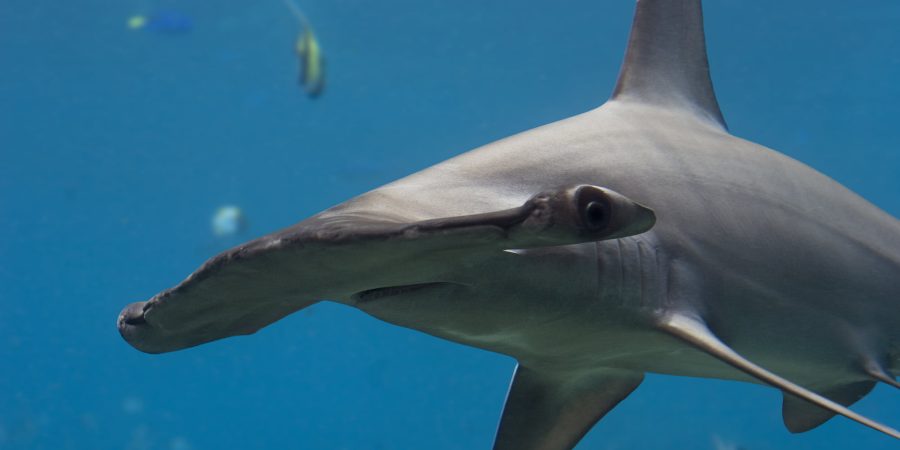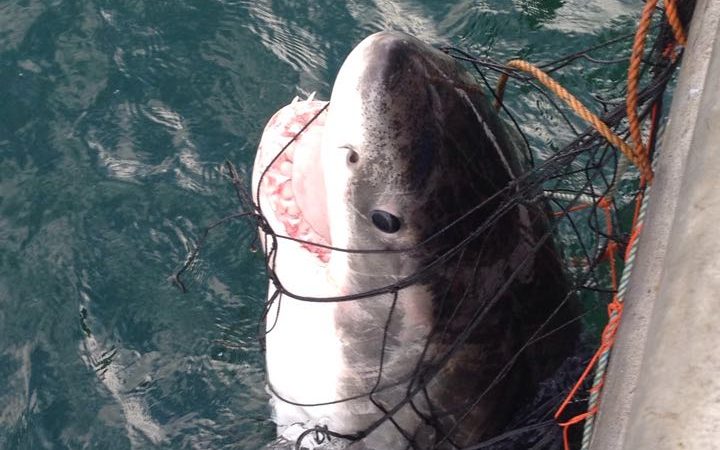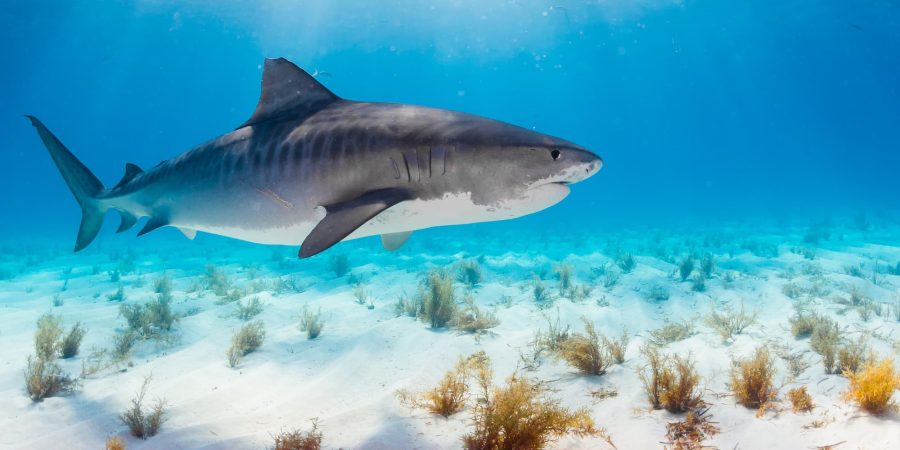They have called Earth home for more than 450 million years. In fact, they were on this planet before the very first trees. But today, sharks are under threat at the hands of humans – being caught and killed for food, suffering as fishing by-catch, and targeted in cruel ‘culling programs’.
Sadly, misconceptions fueled by popular culture have caused the public to be fearful of sharks – and as a result, their plight has received little sympathy from the general public. Despite what movies and news headlines may imply, sharks have much more of a reason to fear us than we do them. Shockingly, around 100 million sharks are killed by human activity every single year.
By increasing our understanding of these magnificent animals and the issues they face, scientists, filmmakers, and animal protection groups are helping people better connect with them – and in turn, extend to them the care and protection they deserve.











